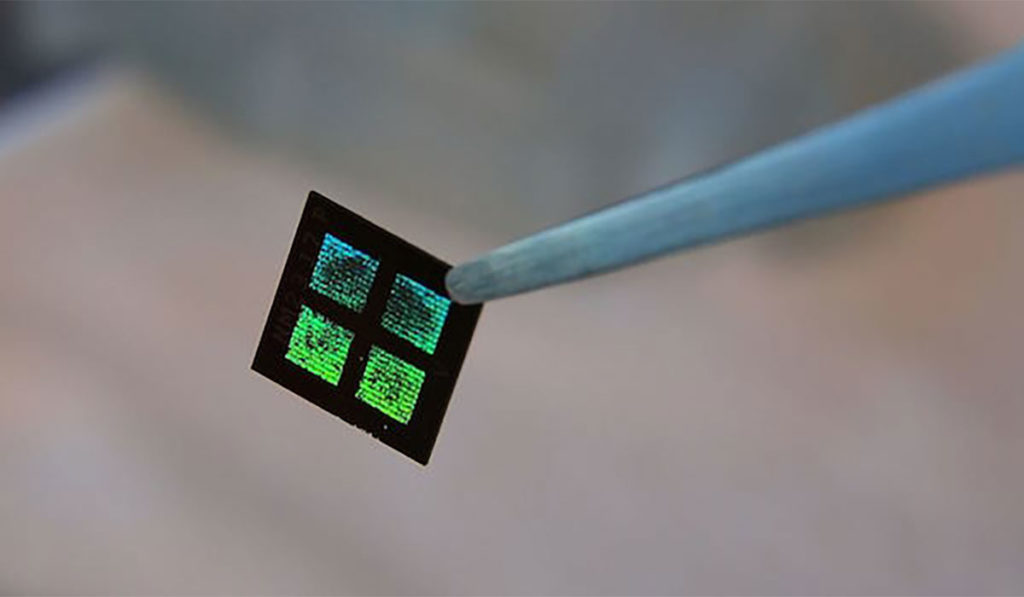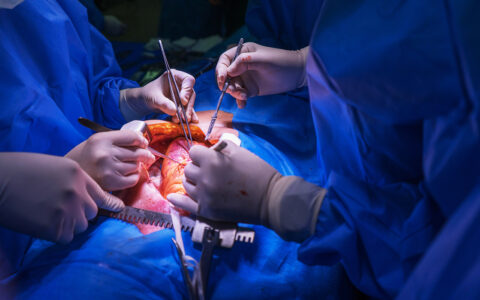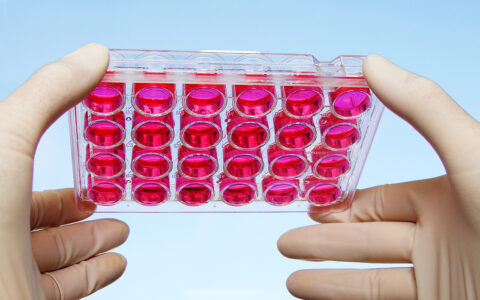For the better part of the last two decades, William Fissell, M.D., has been working to develop an artificial kidney that will act just like a biological one.
As an undergraduate studying astrophysics at MIT, Fissell helped to create a device called a defraction grating, which allows astronomers to study distant stars. This device features arrays of gold bars about one-billionth of a meter apart — almost precisely the distance between the parallel cell processes in the filters of a human kidney.
The likeness inspired Fissell and his team at Vanderbilt University Medical Center to use the technology to design a smaller “bio-hybrid” artificial organ, one that can fit more practically in the body. The project has been scaled up, and trials began in late 2018.
“Our goal is that it looks and acts like a kidney transplant,” Fissell says. “A patient who has kidney troubles and doesn’t have enough kidney function to be healthy can obtain a device … and the surgeon will sew that into their body the same way a surgeon would sew in a kidney transplant.”





